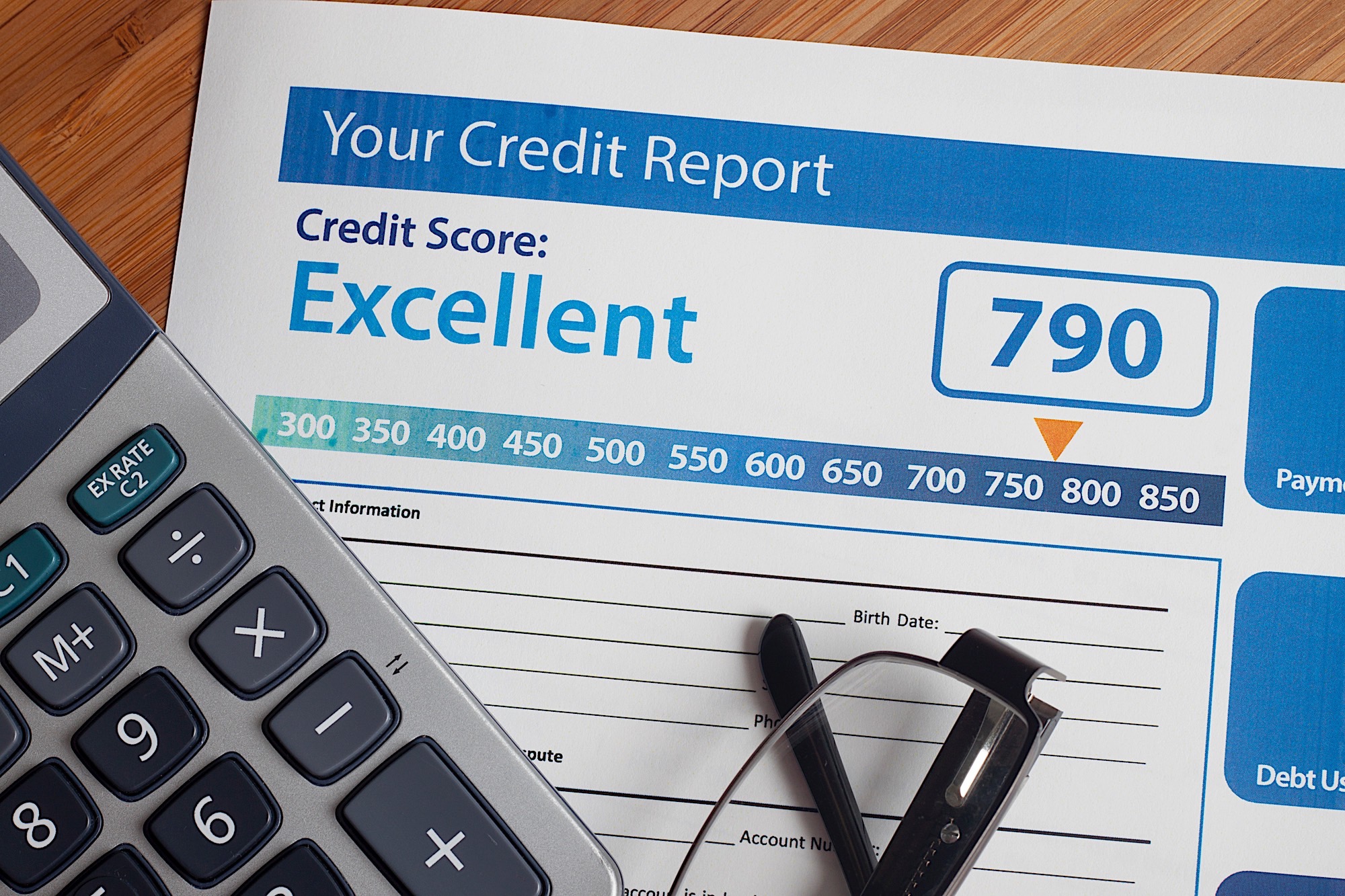One of the best ways to jumpstart your business as you are starting out is by developing a partnership. In a perfect world a business partner will allow your business to accelerate the learning curve and grow as quickly as possible. As ideal as this may be it doesn’t always work out that way. Rushing into a partnership can have a lasting negative impact on your business. Instead of reaping the benefits you will deal with constant issues in the short and long term. This often stunts your business growth and sets it back several months. Prior to committing to a new partner you need to take your time and always make sure you know exactly what you are getting into. Here are five ways to help develop the perfect working partnership.
- Examine Strengths & Weaknesses. Do what know what you do best? How about which areas your prospective partner excels at? The best business partners often fill a void where you may be lacking. As you consider a partner assess which parts of the business you need help in. If you have financing firmly lined up you may just need help finding and closing deals. If you are struggling getting developing your business brand you may need someone who knows marketing and can best utilize technology. As difficult as self-examination may be it is an essential first step in taking on a partner. You need to be as open and honest as possible as to what you bring to the table. Don’t be afraid to ask the same questions with whoever you are looking to partner with. These may be some difficult conversations, especially if you don’t know each other well, but it is better to have them now than in the middle of a transaction.
- Discuss Rules And Guidelines. As difficult as it may be to believe there are many partnerships that are thrown together without much communication. There is a discussion at a networking meeting and the next thing they know a partnership is formed on a deal. This is often a recipe for disaster. Real estate has a way of throwing curveballs at you when you least expect it. If you don’t discuss every potential scenario with your partner you are bound to get into an uncomfortable situation. It is critical that you get as much on the table as possible before you do anything together. Your ideal scenario for a deal may be totally different than your partner’s expectations. You may want to sell at one price and they may have something completely opposite in mind. Instead of going through a smooth, profitable transaction you will be looking to get out almost as soon as you get started. Prior to doing anything sit down and discuss best and worst case scenarios, responsibilities and timeframes. There should be nothing that catches you off guard during a deal. The more in sync you are the better your working relationship will be.
- Goals. There is a big difference between guidelines and goals. Your working guidelines give you some idea of how you want your business to go. It gives you structure and a set of basic perimeters. Your goals are specifically what you what out of the partnership. Are you looking for a partner on a one off deal or do you want something for the long term? Do you want to focus on rehabs and flips or are you looking for rental properties? How much time are you willing to commit to the business and how much capital can you invest? All of these questions shape the way you see the business. You and your prospective partner don’t need to be on the exact same page with everything but you should have a shared vision. If your goals don’t align you will struggle getting too far off the ground.
- Get Something In Writing. Regardless of how much you and your partner may be on the same page you still need to protect yourself. There are always ups and downs and disagreements in every partnership. If you do not have a signed agreement you are opening yourself up to financial loss and possible litigation. Signing an operating agreement is not like asking your spouse to sign a prenuptial agreement. Even the strongest partnerships eventually come to an end. When it does you need to have an agreement in place to help divvy up assets or guide you moving forward. If your partner refuses to sign an agreement it can be viewed as a red flag that they may not be the best partner for you. Most people in business understand the importance of a written agreement and will be more than open to signing something.
- Don’t Take Anything Personally. There is always a feeling out period when working with a new partner. It can be a completely way of doing business if you have never worked with a partner before. You need to listen and respect their ideas and hope they do the same to you. What you can’t do is ever take anything personally. Just because your partner may not feel the same way as you on a deal doesn’t mean they don’t respect you or value your contributions. One of the reasons you are in a partnership in the first place is because you want to be able to bounce ideas and scenarios off someone else. You need to have thick skin and hope your partner feels the same.
A strong partnership can take your business to a whole new level. Finding someone new to work with can be an exciting period in your business. Before committing take your time and make sure they are a good fit for you.







